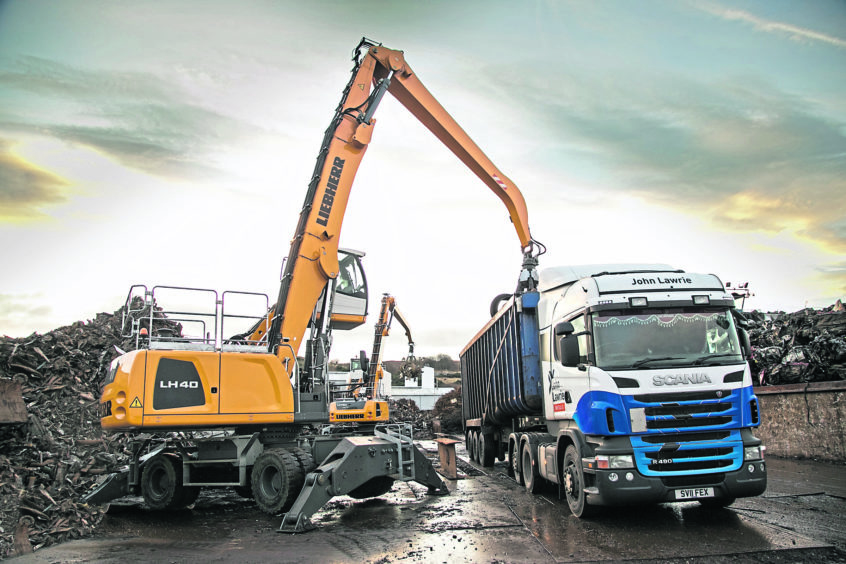
As decommissioning becomes a significant part of activity on the UK Continental Shelf, more businesses are taking the opportunity to expand their existing offerings to include decommissioning-related services.
Some smaller operators may also be facing decommissioning for the first time as well.
While many of the legal issues involved in contracting for decommissioning are familiar, some, such as waste management, may be new.
Businesses on both sides of the various contracts involved in decommissioning will need to be aware of legal changes that may not have been on their radar to avoid falling into unanticipated traps.
An example is the value added tax treatment of demolition and dismantling services, which was the subject earlier this year of a decision in the European Court of Justice (ECJ).
The case related to the common practice whereby a contractor carrying out demolition services is required to remove materials from the site, and is then entitled to sell them for its own benefit.
It also considered the situation in which a contractor pays to purchase and dismantle equipment, on the basis it is entitled to keep the profits arising from the sale of the dismantled equipment. The case shows that VAT may be chargeable by both parties to a contract, even in circumstances where neither party may have expected or provided
for it.
The contractor was a specialist in environmental services in the industrial sector, operating in Sweden and Finland. It was employed under relatively standard contracts to carry out demolition services.
As part of this, it was required to remove and dispose of materials and waste from the site. Some of this was scrap metal, which it was able to sell to a third-party purchaser.
On the basis it could sell it on, the value of the scrap was taken into account by the contractor in setting its fee for demolition. The value was an estimate, given the difficulty of accurately identifying it at the time of entering into the contract. The value was also not discussed with the counterparty as a formal reduction in the fee, but simply taken into account in setting the level of fee charged.
The contractor also entered into purchase contracts for dismantling. This involved it purchasing goods, buildings or structures on the basis it was obliged to demolish or dismantle them, and then entitled to sell the materials. In setting the purchase price, it would consider the likely value of the materials – again, on an estimated basis – and then deduct an amount in respect of its estimated costs in dismantling.
The contractor requested a preliminary decision from the Finnish tax authority as to the extent to which VAT was due in relation to the above contracts. It was referred to the ECJ which broadly found that, in each case, the contractor was entering into a barter transaction. In relation to the demolition services, this meant there were two supplies
being made:
• Scrap metal was being sold by the employing company to the contractor in part-exchange for the contractor providing demolition services. This sale should be subject to VAT, as with any sale of scrap.
• The demolition services were being provided by the contractor to the employing party in exchange for both the scrap metal and the fee paid in cash. This supply of services would be subject to VAT on the total value of the consideration given.
In relation to the purchase contracts for dismantling, a similar analysis applied: VAT was chargeable both on the supply of the goods to be dismantled and to the service of dismantling them.
In the UK, at least where the property transfers to the contractor onshore, the effect is that contracts of the type described above could create a VAT liability for both parties, even though – at first glance – it may appear that only one party is providing any services or receiving any consideration.
It is unlikely that existing contracts will sufficiently provide for the person employing a contractor of demolition services to charge VAT on waste material with a value, which could mean that the operator is left out of pocket. If the contract provides for the appropriate invoices the result will be neutral for the contractor. The case is a helpful reminder that decommissioning brings nuances that may not be immediately apparent, and which are likely to continue to arise as the industry grows.
Recommended for you
